Space, ice and sea: Australia’s toughest isolation experts give advice on surviving lockdown
There are experts who have already perfected isolation — in space, submarines and Antarctica — and they have a wealth of tips to pass on to Australians in coronavirus lockdown. WATCH THE HILARIOUS VIDEO
NSW Coronavirus News
Don't miss out on the headlines from NSW Coronavirus News. Followed categories will be added to My News.
They are the experts who have perfected isolation in space, submarines and Antarctica and they have lessons to pass on to Australians in coronavirus lockdown.
“Just like in space, keep your mind active,” Australia’s first astronaut Paul Scully-Power said from isolation in his Bondi Beach home with wife Fran.
“If you are sitting around doing nothing your heart is going to slow down, so exercise twice a day,” Mr Scully-Power, 75, who flew on the NASA space shuttle Challenger in 1984, said.
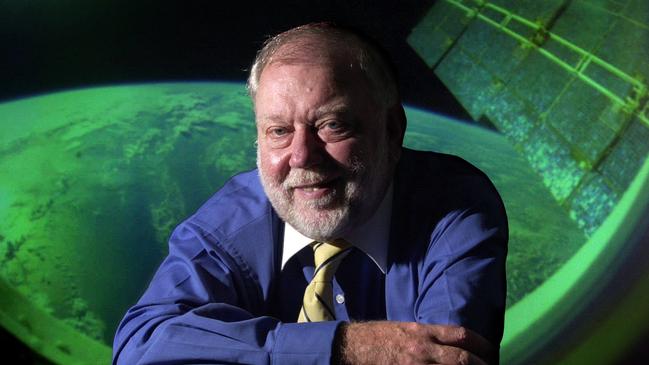
But he also believes in taking a very relaxed view to stress.
“I am the only person who actually fell asleep on the launch pad. Well, you have got to sit for hours and once you have done your checks and are lying back there is nothing else to do,” he said.
His own secret to getting through the current COVID-19 crisis is to use his mathematician's brain to predict the future.
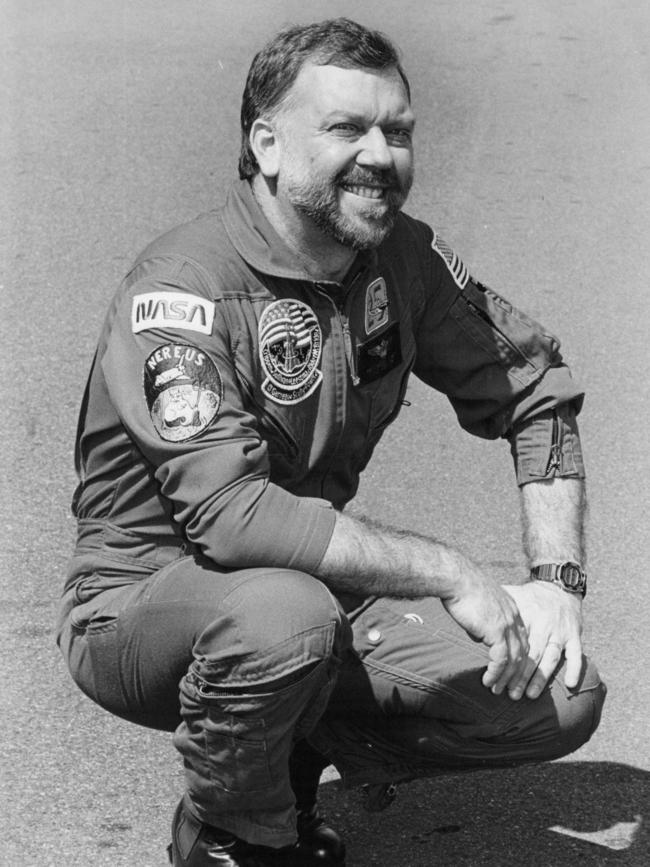
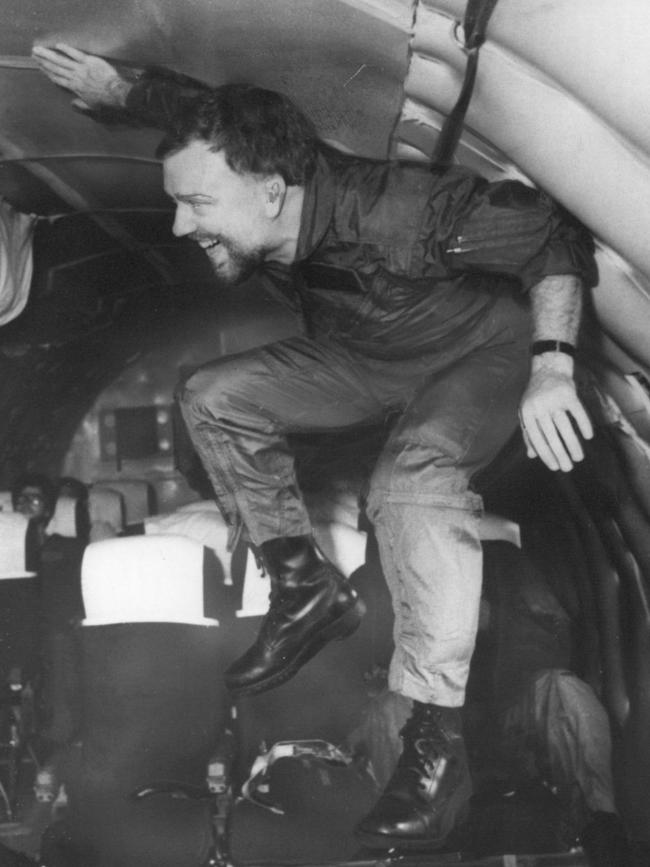
“I am like everyone else in the world — when it began I turned my mind to predicting when it will finish.
“By training I am a mathematician and any virus follows a trajectory so I predict what is going to happen and then I feel better knowing the future. By the 20th of April we will be seeing very few new cases,” he predicted.
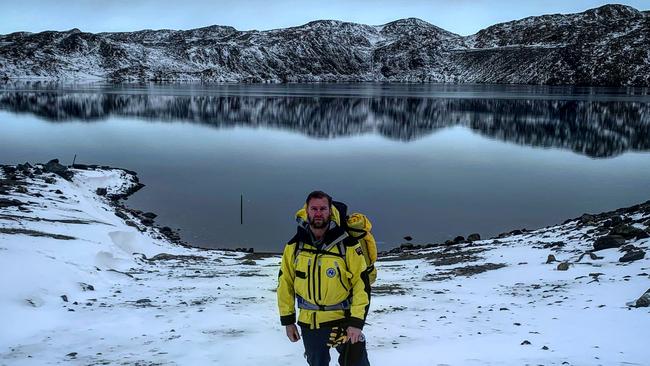
At Australia’s Davis Station in Antarctica, station leader David Knoff has been isolated on the ice with 23 others since November — before the coronavirus crisis developed. However he is still feeling the effects.
When the Aurora Australis resupply ship arrived in February it was forced to sit in quarantine for 14 days before the stores could be unloaded.
“The worst part about being isolated or away from home is normally missing out on seeing friends and family, travelling around, going to concerts or the beach,” Mr Knoff said.
“So, in a strange twist of fate, we are really not missing out on much at all this year.”
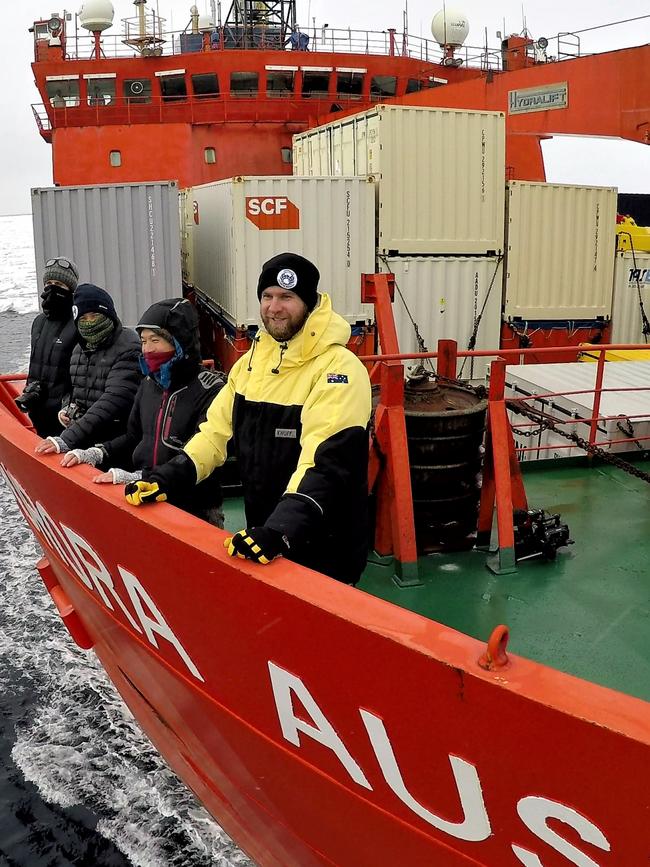
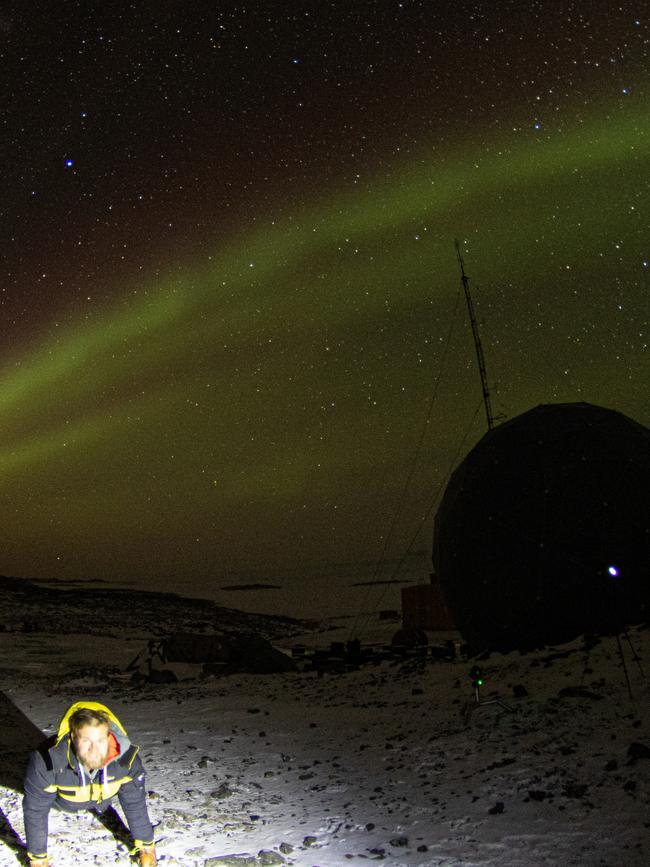
His tips on surviving isolation are to be flexible and “don’t dwell on what you’d rather be doing if there were no restrictions in place, heed the advice and restrictions, and make the most of the situation you are in.”
Another is to stay fit.
“I’m a firm believer that fitness and mental and physical health are all closely related. I start my day with some basic stretches then max rep push ups and plank.
“One creative tip I can offer is that I’m currently winning my online weekly chin-up competition with a friend back in Australia — it’s simple and keeps you motivated each week,” he said.
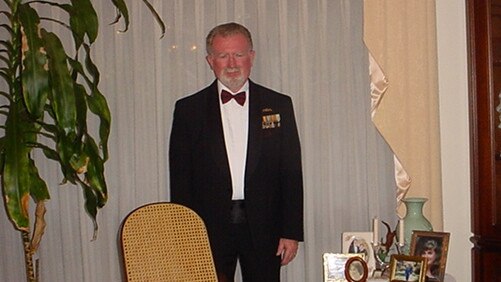
Retired submariner Ken Norris, NSW vice president of the Submarine Association Australia, is used to being isolated after spending the latter part of his 22-year naval career beneath the waves as a lieutenant submarine weapons engineer.
“Life on a submarine was tough, it takes mental toughness, but the most important thing is that you say to yourself you’ll keep going, you’ll never give up,” Mr Norris, 73, said.
Just like being cooped up with family, six weeks on a submarine did create friction.
Mr Norris said the best approach was to “keep a sense of humour, because (arguments) will and do happen.
“You’d have people in submarines who hated each other, but by having a laugh they got over their initial problem. It’s important to accept you don’t have to be best mates, but this is all for only a short while.”
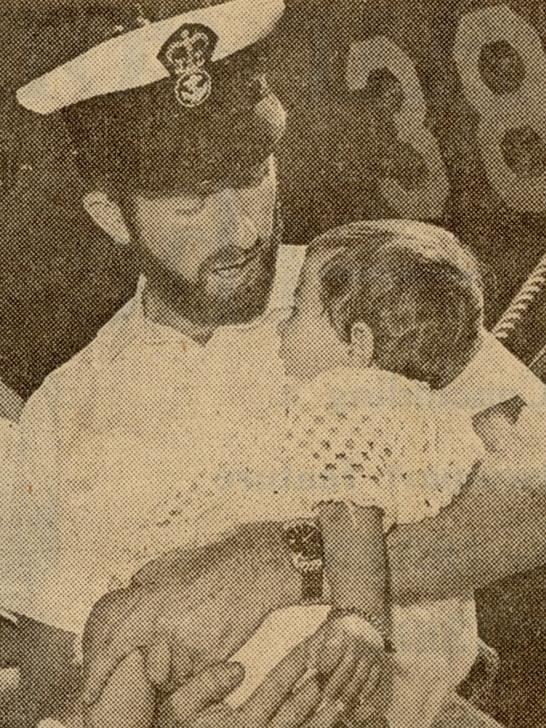
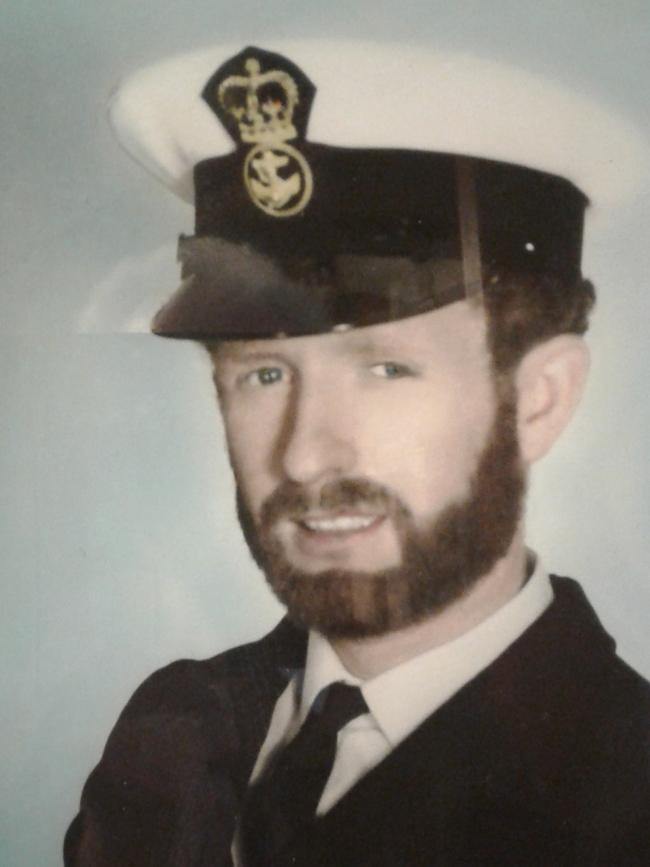
Mr Norris is self-isolating in his home in North Rocks throughout the pandemic and said, despite missing his granddaughters, he was feeling fine.
“Keeping things in perspective is important, I’ve got a house and a garden and I can take my dog for a walk,” he said.
“The only thing panic causes is more panic. If you stay level-headed you’ll get through it, just follow the guidelines and be responsible.”
